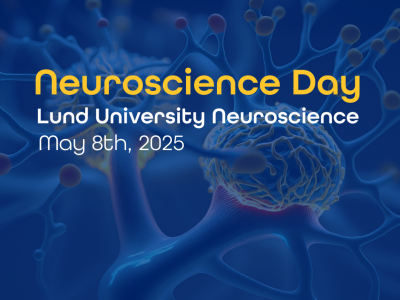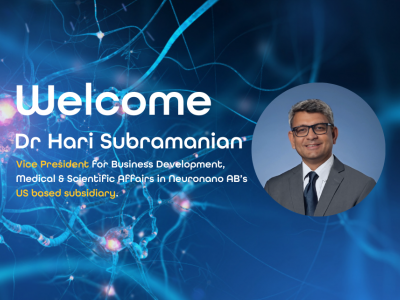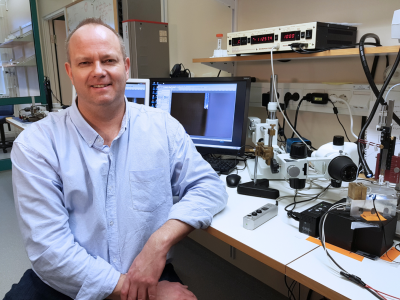Powerful control systems exist in our brains to control pain and since their discovery in 1969, many attempts have been made to block chronic pain by deep brain stimulation of such systems. However, the success rate has been hampered by simultaneous occurrence of severe stimulation produced adverse effects. To overcome this hurdle, researchers at Neuronano Research Center at Lund University have now developed the next generation DBS - high definition brain stimulation (HDBS) technology. The technology is based on a cluster of ultrathin microelectrodes that provides an opportunity for a personalized stimulation treatment.
The researchers (Matilde Forni, Palmi Thor Thorbergsson, Jonas Thelin and Jens Schouenborg,) found that, in all individuals tested, a practically total and selective block of pain was induced by HDSB without noticeable side effects. The pain relief was clearly superior to morphine but lacked the sedation, usually accompanying opiate analgesia.
At Neuronano, our primary focus is developing electrodes for Deep Brain Stimulation (DBS) to improve the quality of life for people with Parkinson's disease and other various neurological illnesses, including pain relief. These new findings are essential pieces of the puzzle for future work.
The study was published in the prestigious journal Science Advances on the 8th of October. You are welcome to read the article as a whole here




